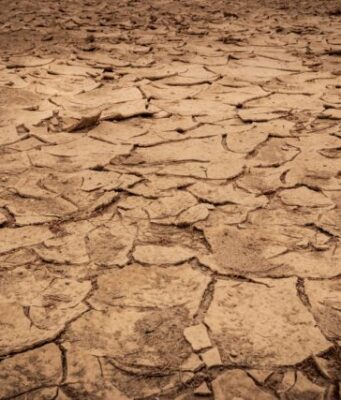Tropical forests span a huge area, harbor a wide diversity of species, and are important to water and nutrient cycling on a planet scale. But in ancient Amazonia, over 500 years ago, clearing tropical forests was a way of...
Despite the growth in knowledge about the effects of a warming Arctic on its cold-adapted species, how these changes affect animal populations is poorly understood. Research efforts have been hindered by the area's remoteness and complex logistics required to...
Microwaves usage across the EU alone emits as much carbon dioxide as nearly seven million cars according to a new study by The University of Manchester.
Researchers at the University have carried out the first ever comprehensive study of the...
Some Antarctic fish living in the planet's coldest waters are able to cope with the stress of rising carbon dioxide levels the ocean. They can even tolerate slightly warmer waters. But they can't deal with both stressors at the...
In the winter of 2015/16, something happened that had never before been seen on this scale: at the end of December, temperatures rose above zero degrees Celsius for several days in parts of the Arctic. Temperatures of up to...
Shale gas is one of least sustainable options for producing electricity, according to new research from The University of Manchester.
Taking into account a range of sustainability aspects and assuming that they are all equally important, the research found that...
Researchers at Scripps Institution of Oceanography at the University of California San Diego were part of an international team that for the first time used hydroacoustics as a method for comparing the abundance of fishes within and outside marine...
Increased fluctuations in the path of the North Atlantic jet stream since the 1960s coincide with more extreme weather events in Europe such as heat waves, droughts, wildfires and flooding, reports a University of Arizona-led team.
The research is the...
When Joshua Daskin traveled to Mozambique's Gorongosa National Park in 2012, the park and the iconic large animals that roamed it were returning from the brink of extinction. Gorongosa, among Africa's most spectacular wildlife preserves until the 1970s, had...
A new study has found that levels of commercial fish stocks could be harmed as rising sea temperatures affect their source of food.
University of Adelaide scientists have demonstrated how climate change can drive the collapse of marine "food webs".
Published...
Since the 1960s, tens of thousands of birds living on the Great Lakes have died during periodic outbreaks of botulism. The outbreaks have only become more common and widespread in recent years, leaving scientists who track the birds puzzled.
Setting...


















